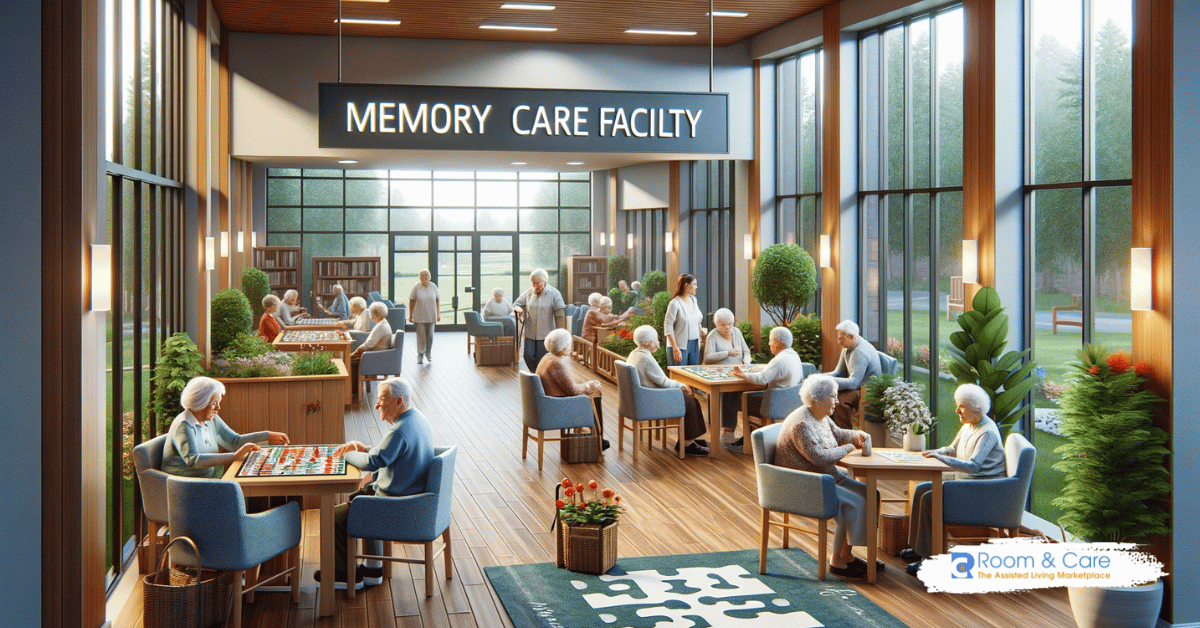The Benefits of Deciding On Professional Alzheimers Care Charlotte Facilities
The Benefits of Deciding On Professional Alzheimers Care Charlotte Facilities
Blog Article
Developing a Safe and Encouraging Setting for Alzheimer's Care
The creation of a safe and helpful environment for individuals with Alzheimer's is critical in enhancing their lifestyle. This involves not only physical adjustments within the home, such as reducing risks and including acquainted elements, however likewise the application of organized routines and meaningful activities that deal with their cognitive requirements. Understanding the emotional and emotional measurements of treatment can considerably influence their feeling of safety and security and connection. Exploring these multifaceted methods can expose crucial understandings into effective caregiving methods that may transform the daily experiences of both patients and caregivers.
Recognizing Alzheimer's Demands
Regularly, people with Alzheimer's illness exhibit a series of requirements that require tailored approaches to care. As the condition proceeds, cognitive decline materializes in various methods, affecting memory, reasoning, and even the capability to execute day-to-day activities. Caretakers should recognize these advancing requirements to supply suitable assistance and make certain a better of life for those influenced.
One important facet of recognizing Alzheimer's demands is acknowledging the importance of routine and familiarity. Individuals often find convenience in well-known patterns, which can decrease anxiety and confusion. Caregivers need to strive to produce organized everyday timetables that incorporate purposeful activities straightened with the individual's capabilities and interests.
In addition, effective interaction is critical. People with Alzheimer's may battle to share themselves or comprehend intricate language. Caretakers need to utilize easy, clear language, use non-verbal cues, and technique energetic paying attention to foster understanding and link.
Last but not least, emotional and social needs can not be neglected. Offering opportunities for social communication and maintaining connections can substantially improve emotional wellness. Caretakers need to encourage interaction in area tasks or household celebrations, advertising a sense of belonging and function. Comprehending these diverse requirements is crucial for producing an encouraging treatment atmosphere.
Creating a Safe Home
Producing a safe home for individuals with Alzheimer's disease is necessary to decreasing threats and advertising freedom. The design of the space need to prioritize security while enabling personal convenience. Initially, get rid of potential threats such as loosened carpets, sharp items, and mess, which can result in falls or mishaps. Make sure that pathways are well-lit and clear, as proper illumination decreases disorientation and enhances wheelchair.
Integrating flexible features is likewise vital. Mount grab bars in bathrooms and near stairs, and take into consideration utilizing non-slip floor coverings in wet locations. Furthermore, making use of different shades for floorings and wall surfaces can help in identifying rooms, helping to minimize complication.
Knowledge is essential for people with Alzheimer's. Personalizing the setting with familiar things and photographs can enhance a sense of belonging and security - Alzheimers Care Charlotte. It is also helpful to have a designated area for day-to-day activities, such as analysis or crafting, which can provide framework to their day
Last but not least, implementing a secure outside area permits safe exploration while connecting with nature. By attentively making the home environment, caretakers can substantially enhance the lifestyle for individuals coping with Alzheimer's illness.
Enhancing Interaction Skills

Non-verbal interaction, consisting of faces, gestures, and touch, plays a crucial role in conveying empathy and understanding. Maintaining eye get in touch with and a tranquil disposition can enhance the convenience level of the person, promoting a feeling of safety.
Moreover, it is important to practice active listening. This entails being completely present, showing perseverance, and permitting the individual to express themselves without disturbance. Repetition might be essential; caregivers need to be prepared to review inquiries or subjects, as people with Alzheimer's might have a hard time with memory recall.
Furthermore, making use of visual aids or signs, such Visit Website as pictures or familiar items, can help with recognition and interaction. Ultimately, improving interaction abilities has to do with constructing trust fund and creating a setting where individuals really feel heard, valued, and recognized, therefore enhancing their lifestyle.
Encouraging Social Communication
Promoting significant social interactions can substantially improve the health of individuals with Alzheimer's illness. Engaging with others not only helps battle sensations of seclusion however also stimulates cognitive feature and emotional health and wellness. Structured social activities, such as group crafts, arts and games, or songs therapy, create chances for homeowners to get in touch with peers and caretakers, which can result in boosted state of mind and reduced stress and anxiety.
Developing a welcoming setting that motivates socialization is vital. This can be achieved by setting up public areas that help with interaction, such as cozy seating locations or activity spaces. In addition, integrating culturally pertinent and familiar tasks can encourage and trigger memories engagement, permitting individuals with Alzheimer's to feel more linked to their past experiences.
Moreover, caregivers ought to be trained to identify and promote social interaction among residents. Basic motions, such as initiating conversation or helping with small seminar, can assist people really feel valued and consisted of. Routinely set up get-togethers need to be regular yet adaptable, accommodating differing degrees of capability and rate of interest. By focusing on social communication, we can considerably enhance the lives of those living with Alzheimer's, promoting a feeling of area and belonging.
Sustaining Caretaker Health

To support caregivers, companies must supply regular training and academic resources to enhance their understanding of Alzheimer's disease and caregiving strategies. Offering access to reprieve treatment solutions permits caretakers to take needed breaks, reducing stress and anxiety and tiredness - Alzheimers Care Charlotte. In addition, cultivating an area with assistance teams can promote emotional sharing and the exchange of useful recommendations among caretakers, developing a network of shared assistance
Psychological health sources, such as therapy solutions, can additionally be crucial in attending to the psychological toll caregiving can take. By prioritizing caregiver well-being, we produce a more sustainable caregiving setting that not just profits the caregivers themselves yet additionally boosts the general top quality of treatment obtained by people with Alzheimer's. Eventually, supporting caretakers is an essential part in fostering a thoughtful and effective care setting.
Conclusion
Finally, the production of a secure and supportive setting for individuals with Alzheimer's is crucial to boosting their lifestyle. By prioritizing safety through thoughtful layout, promoting psychological well-being with acquainted components, and promoting involvement with structured routines, caregivers find out here can dramatically affect the look what i found general experience of those affected by this condition. In addition, supporting caregiver well-being is essential, as it inevitably adds to an extra thoughtful and reliable treatment environment.
Repeating might be essential; caretakers need to be prepared to revisit subjects or concerns, as people with Alzheimer's might struggle with memory recall.

Report this page